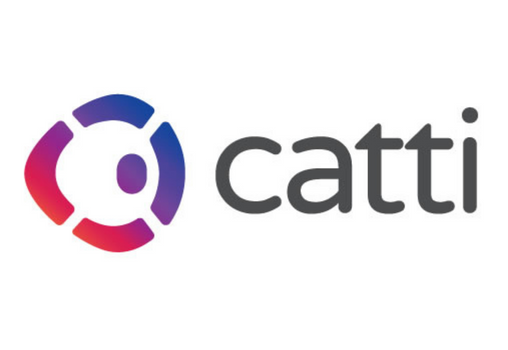MRM-CATTI Pilot Stem Cell cGMP Workshop
The MRM and Canadian Advanced Therapies Training Institute (CATTI) are pleased to announce a call for trainee submissions/applications to participate in a pilot hands-on workshop on current good manufacturing practice (cGMP) applied to pluripotent stem cell-derived products. As our first joint initiative, the workshop will be restricted to trainees who are conducting ongoing projects involving the maintenance of pluripotent stem cell lines under aseptic conditions.
The workshop will take place at the McGill Advanced Therapies Research and Training Center (MATREC), located in the McGill Genome Center (H3A 0G1).
The application submission is now closed.
What is meant by “pilot” workshop?
The workshop will take place mainly in an ISO7 cleanroom on the downtown McGill campus. This space is currently dedicated to pancreatic islet isolation for the MUHC Human Islet Transplantation Program. As the first training initiative held in the space, it will be a significant learning experience both for the participants and for the McGill and CATTI staff.
Learning objectives
By the end of the workshop, participants will be able to:
- Describe how cGMP applies to the development of advanced therapies, such as stem cell-derived products, for the delivery into patients.
- Gain qualification training experience in ISO7 cleanroom gowning, material transfer and unidirectional workflow typical of human cell culture in this setting.
- Apply best practices when manipulating pluripotent stem cells under defined animal component-free conditions.
- Understand the requirements of Good Documentation Practices to prepare manufacturing related documentation under a robust quality system, including batch records and associated forms for pluripotent stem cell manufacturing.
Registration fees
Registration fees are $2000 CDN, which includes the workshop, breakfast, and lunches. For the pilot workshop we are unable to assist with evening meals or accommodations.
Trainees might be able to obtain sponsorships via research networks. Networks supporting registration and/or travel costs :
To be eligible for this support, you must sign up for the workshop, specifying your affiliations with the partner Networks. Subsequently, we will inform you of the terms of the support provided. Please contact us at mrm@mcgill.ca for more information.
Schedule
The planned dates are June 10-14, 2024, likely with an online component prior to the in-person sessions. Full availability is required from 8AM-6PM for the 5 days of the in-person sessions.
The facility is currently also used by the MUHC Human Islet Transplantation program. If a donated pancreas becomes available shortly before June 10th, clinical activities will take precedence and the workshop may be moved to the week of June 17th or later in 2024. Candidates may be notified up to 48h prior to the workshop should conflicts arise. As such, participants must be ready to adapt their travel and work plans on short notice. Significant flexibility is required for this initial pilot run.
Eligibility and selection of participants
- Priority will be given to trainees at the PhD or postdoctoral levels, as well as research associates working in academic laboratories. We anticipate that future workshops will be open to a broader range of trainees.
- Priority will be given to trainees in the Montréal area and those willing to rapidly adapt travel plans due to the potential changes in schedule and pilot nature of this first trial run.
- We expect to host approximately 10 trainees for this workshop.
- Participants will be ranked based on the following criteria:
- Prior experience culturing pluripotent stem cells is required.
- Participants must have active safety certificates (WHMIS and the equivalent of ‘Safe Use of Biosafety Cabinets’ and ‘Introduction to biosafety’ at McGill: https://www.mcgill.ca/ehs/training/biosafety) at the time of application (or equivalent training from your host institution). You must upload your certificates when completing the application form.
- Research impact: will the candidates benefit from participating in the workshop to bolster their training and research program experience over the next 2-3 years?
- Career impact: will the workshop help the career trajectory of the trainee?
- Links to the MRM/CATTI/Eastern Canada cell therapy community.
- Flexibility: physical proximity to the training site (H3A 0G1) and capacity to adapt to unforeseen circumstances.
The application submission is now closed.
Sponsors
Without the support and generosity of our sponsors, none of this would be possible. We are truly grateful for their contributions.
 About CATTI
About CATTI
The Canadian Advanced Therapies Training Institute (CATTI) launched through a partnership between CellCAN and CCRM, is developing and scaling e-learning and on-site GMP training programs for efficient and rapid upskilling of the biomanufacturing workforce required in Canada and internationally. CATTI’s goals are to create a pool of talent trained and qualified to work under aseptic conditions, and bridge the gap between the academic background qualifications and the market readiness of HQP. More information: www.catti.ca.







